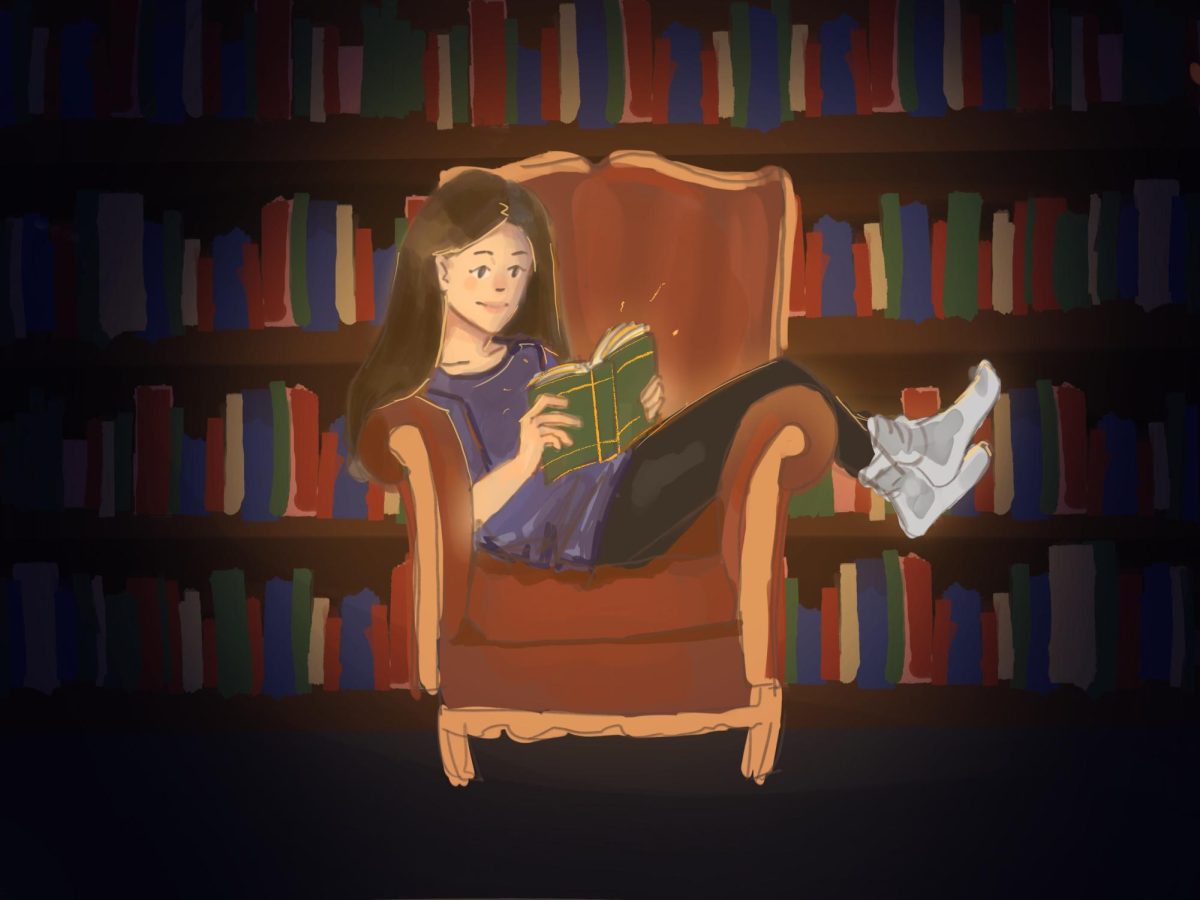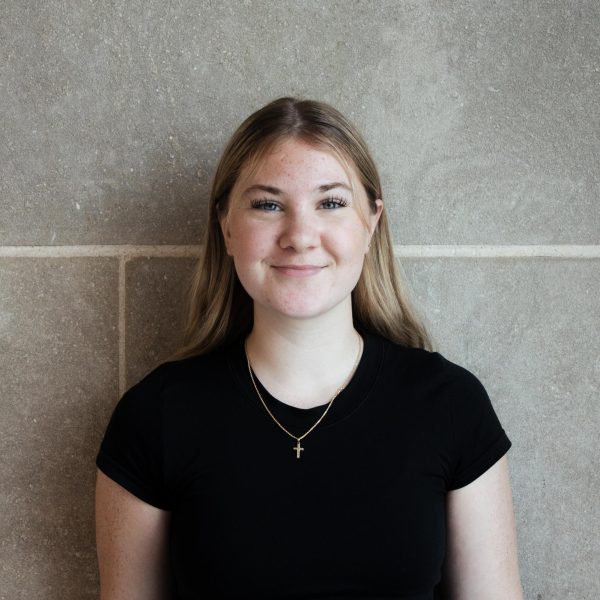I’ve recently run into a problem: I read a book, love it and then realize I have no one to talk about it with. This isn’t due to a lack of friends or obscure reading choices — most of what I read are best sellers. It just seems as if none of my peers read anymore.
Never in my life did I think I would be part of the one percent — not in terms of wealth, but in reading. Apparently, by reading 50 books last year, I made it into the top 1% of readers. But you don’t have to read as much as I do to be in the minority. If you read just two books last year, you’ve read more than half of the American population, according to YouGov data from 2023.
The best part about finishing a book is talking to your friends about your favorite characters or tearing apart a story you both hated. Being able to connect over the emotions an author made you feel, debate what the ending meant and speculate what will happen in the next book is why I continue to read.
Many believe reading ceases to be fun as you grow up and have “higher priorities,” but it’s never too late to pick up a book. If you didn’t enjoy reading “Lord of Flies” as a middle schooler, it doesn’t mean you won’t like “Dune” or “A Good Girl’s Guide to Murder.”
Of course, it’s easy to blame screen addictions for the decline in reading, but I don’t think that’s the root problem. Other forms of media have always competed for our attention. What has changed — and almost disappeared — is the community that reading once could create.
The disappearance of these communities, like book clubs, have made it less exciting to finish a book. While online communities like BookTube or BookTok can be great for recommendations, nothing beats the feeling of calling your friends after reading a jaw-dropping plot twist or walking through a Barnes & Noble, adding books to your “to be read” list.
I feel lucky to live in a time and place where books are more available than ever. Growing up in Naperville, I’ve been able to access almost any book I’ve ever wanted, for free, thanks to their collection of nearly 400,000 print materials. Today, when I want to read something, I can check the school library, the Naperville Public Library, Hoopla and my favorite, Libby, before even considering buying a book.
Yet, despite this access, my peers are reading less than ever. Young adult materials loaned at Naperville Public Libraries have dropped by 38.4% since 2022, according to Illinois Public Library Annual Reports.
American novelist Mark Twain once said “Classic’ – a book which people praise and don’t read.” Sadly, this holds true even today. Books should mean more than a means to an end of your English paper: they teach empathy and encourage introspection. Reading offers an escape that even your favorite TV drama can’t provide.
Any book — whether non-fiction, fiction, romance or fantasy — is valuable as a source of entertainment or enlightenment. I hold the firm belief that people who say they ‘hate reading’ are yet to find the genre for them. So why is it so common to hear a high schooler say that haven’t finished a book since elementary school? Is this what we consider success, passing high school without ever completing “Frankenstein” or “The Great Gatsby”?
It pains me to watch students pull up Spark Notes to read the synopsis of classic texts and modern novels. ChatGPT will never be able to produce a proper analysis of literature for it’s simple inability to process emotion. During socratic seminars it’s clearer than ever who hasn’t read, as the conversion circles around and around, never getting anywhere. Even if you are able to receive a perfect grade for the book you never read, at what expense does it cost your psyche?
As we step into 2025, it’s easy to set lofty goals for ourselves. So this year, I challenge everyone reading this to exceed the national reading average. Read two books — even if it takes you months to get through them — and by the end of the year, you just might be inspired to pick up a few more.






Natalie Langan • Feb 19, 2025 at 1:13 pm
A friend and I actually run a book club here at Central! We meet during SOAR on the last Thursday of every month. Were called Book Nook, you should stop by if you’re interested! If you want our remind, text @nchsbookcl to 81010.
We meet next on Thursday, February 27th. We’re all reading a romance book of your choice and discussing them.